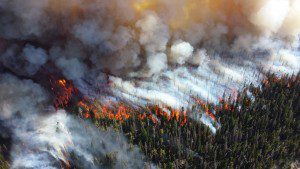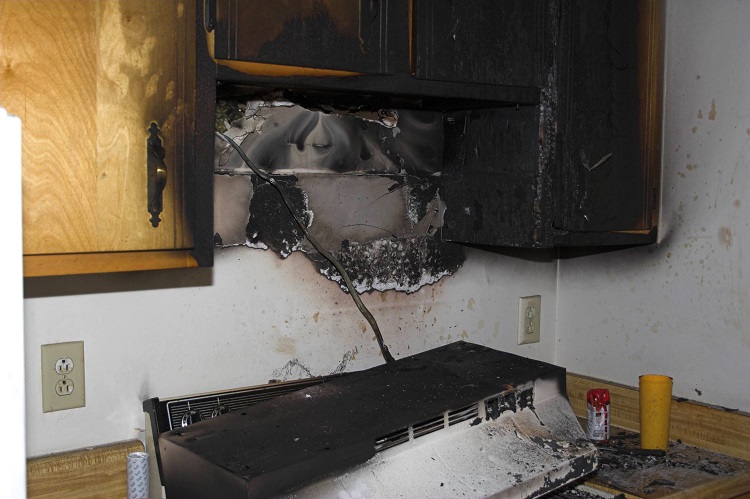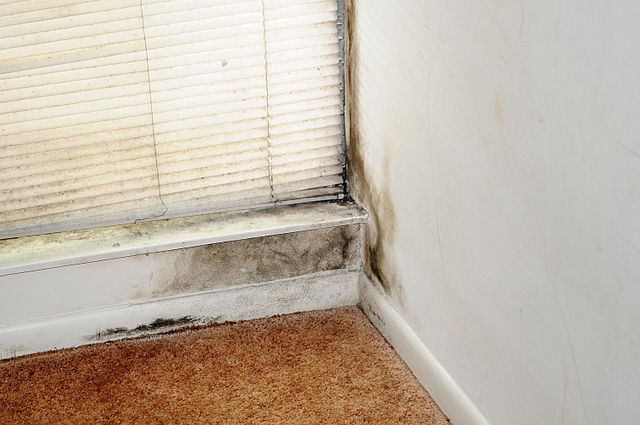Health Effects Caused by Wildfires
Sometimes the smell of smoke can be a good thing. The smoke from a grill may get your appetite going and many enjoy the campfire smell of a bonfire. However, if you live in an area near the wildfires that have been raging all summer, the last thing you want to smell outside your home is smoke. Smelling the smoke from a fire or grill is one thing, but if smoke is constantly hanging in the air due to a wildfire, it could leadLead is a heavy metal that can be toxic to humans, especiall... More to serious health effects.
Who does the smoke affect?
The short answer to this is everyone. Even if you have no pre-existing breathing issues, consistently inhaling the smoke from a wildfire can eventually cause serious problems because your lungs do not get a break from the smoke to recover. The following groups of people are the most vulnerable to smoke health effects:
- Individuals with Heart and Lung Disease: People that are already suffering from heart or lung issues including asthma, emphysema, congestive heart failure, or chronic obstructive pulmonary disease can experience more severe symptoms much faster than those who are healthy.
- Elderly: The elderly are more likely to have heart or lung issues which makes them susceptible to health effects from the smoke.
- Children: Children are especially vulnerable to health issues from smoke inhalation because their respiratory systems are not fully developed, they breathe more than adults, and they spend more time playing outside.
Smoke Inhalation Symptoms
The smoke from a wildfire contains particulates that react on our lungs to cause a range of issues. The most common smoke inhalation symptoms include coughing, wheezing, itchy or scratchy throat, and burning eyes. Prolonged exposure leads to more serious issues, even in people who did not have these issues before, such as asthma, sinus infections, bronchitis, allergies, and other respiratory problems. The longer the exposure to smoke from a wildfire, the worse these symptoms will get.
Protecting Yourself from Wildfire Smoke
It may not be possible for you to shield yourself completely from smoke if there is a wildfire in your area, but you can limit your exposure and reduce your risk of adverse health effects with these tips:
- Check local reports on air quality: Your local news should provide reports on the air quality based on the EPA’s Air Quality Index (AQI). If there is a wildfire near your area, check the news for air quality reports and stay indoors on days with particularly poor air quality.
- Look outside: If you do not have access to the AIQ, the visibility can help you determine the level of smoke in the air. Less visibility means a higher concentration of smoke, so it is best to stay indoors if the visibility is limited.
- Control indoor air qualityIndoor air quality (IAQ) refers to the condition of the air ... More: The high smoke level may have you spending more time indoors which makes it important to improve the indoor air qualityIndoor air quality (IAQ) refers to the condition of the air ... More. Try to keep your windows and doors shut as much as possible and run your air conditioner in the summer. Cleaning the filter regularly will help keep harmful particulates out of your home.
As the wildfires continue to rage throughout the western United States, make sure you do what you can to keep yourself safe from the health effects of the smoke. Breathing in smoke from the wildfires for a prolonged period of time can leadLead is a heavy metal that can be toxic to humans, especiall... More to a range of health issues, even in healthy individuals. If the smoke from a wildfire causes any type of damage in your home, you must call a smoke damage restoration professional to restore the damage.













